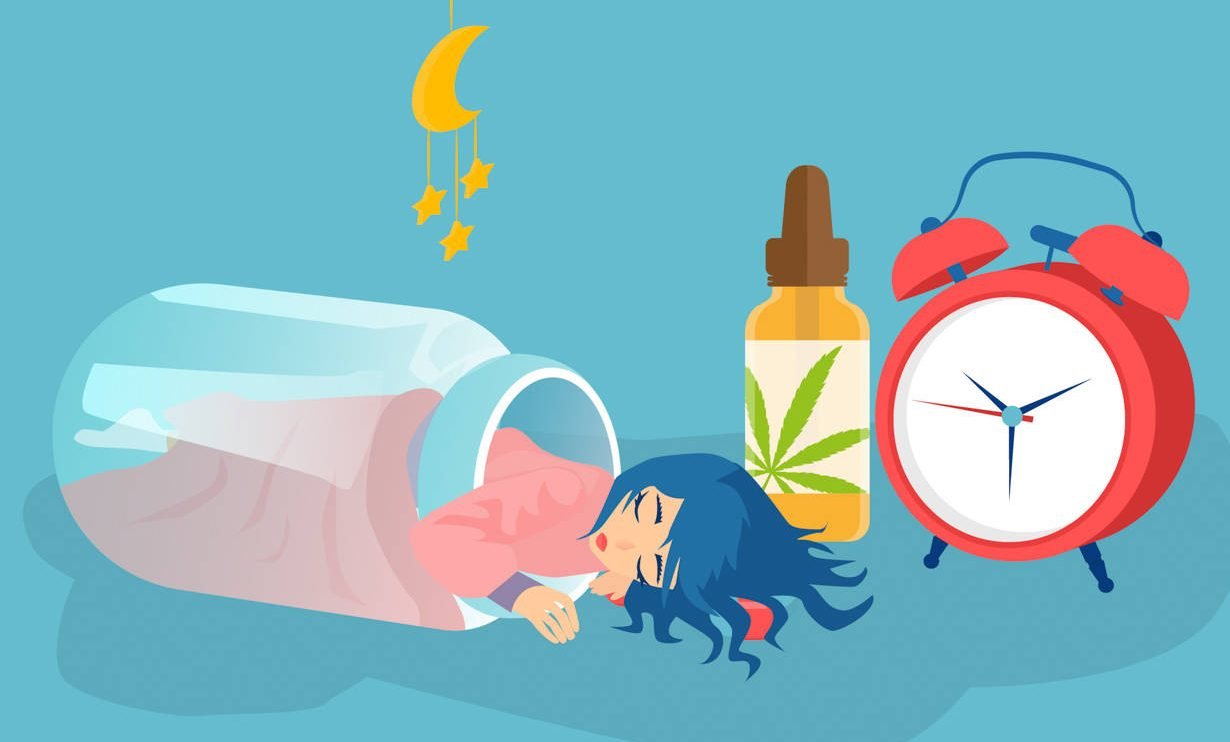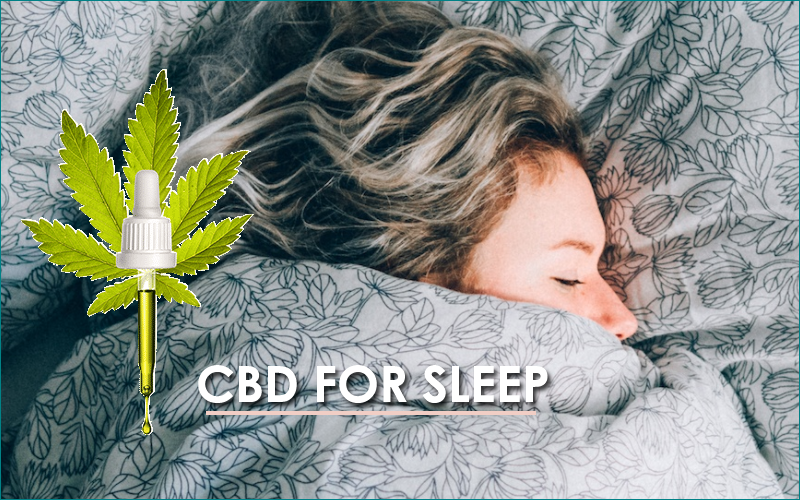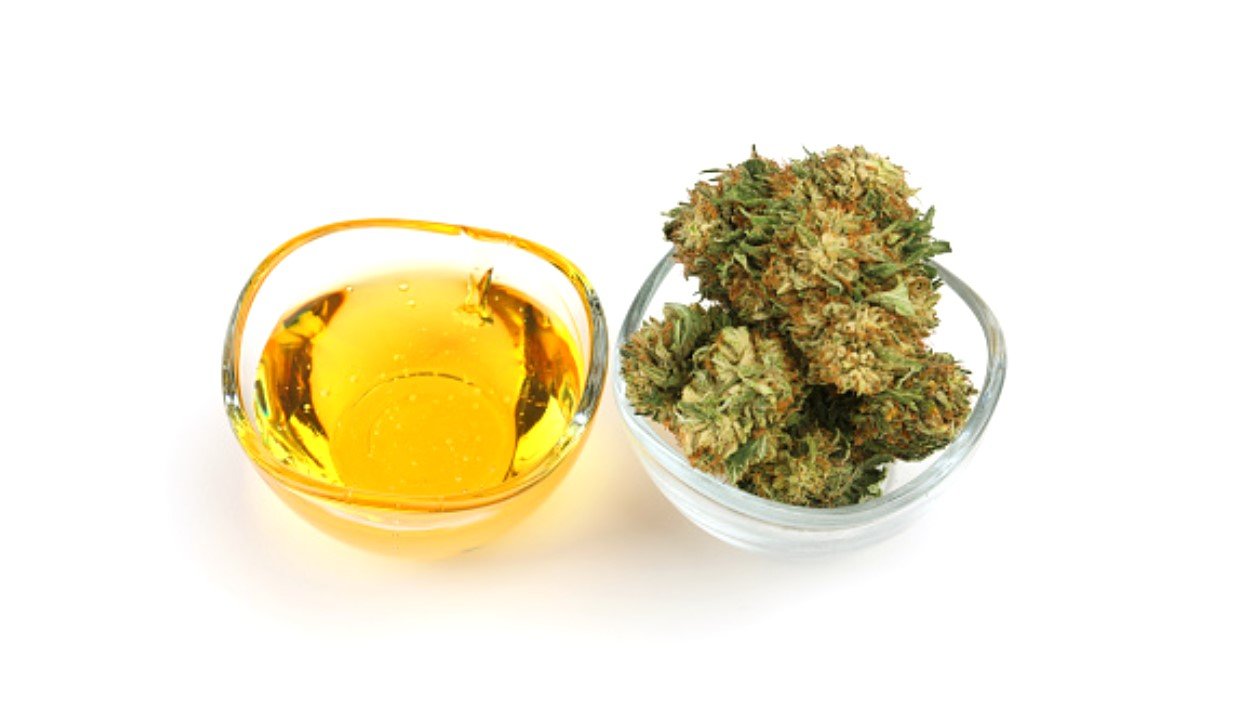Quick Guide on CBD for Insomnia and Other Sleep Disorders

CBD has been shown to help not only with mental illnesses, but also with a variety of sleep disorders. CBD oil can be used to help people with insomnia, REM sleep behavior disorder, and other sleep issues. CBD for insomnia may help to regulate the body's natural sleep-wake cycle and promotes relaxation and calmness.
To discover whether one can use CBD for insomnia, we must first identify what causes bad sleep. Many factors may cause sleeplessness. Below are listed some reasons that can cause sleep issues
- Medication that affects your sleep-wake cycle
- Chronic pain and restlessness in the legs
- The range of mental health problems treated includes anxiety, post-traumatic stress disorder (PTSD), and depression.
- Theophylline, a chemical that is found in coffee, has been shown to slightly raise blood pressure and heart rate. Caffeinated beverages are especially high in theophylline, which can cause sleeplessness.
- Environmental factors, such as loud noises or an uncomfortable bed, might also play a role.
How CBD Helps You Sleep Better

Even studies that show CBD helps people sleep aren't always able to say why. The majority of the aforementioned research points out that more study on CBD is needed before we fully understand how it affects our sleep.
CBD is available in a variety of ways. It comes in a few distinct varieties, including vape concentrates, oils and tinctures, pills and capsules, as well as edibles such as CBD for sleep gummies.
CBD dosage and duration are determined by a variety of criteria. Your weight, personal body chemistry, and the specifics of your sleeping problems will all influence how CBD works. For some individuals, what works is not what works for others. The majority of CBD and sleep studies have utilized dosages ranging from 25 to 1,500 mg per day. It's preferable to start with a low dose and gradually increase it until you discover what works best for you.
CBD for Insomnia: What do We Know?
At night, people who suffer from insomnia have problems falling asleep or remaining asleep for 25 hours. This illness affects daytime alertness, concentration, and mood. People with insomnia may be anxious about not getting enough sleep as a result of their bad sleeping habits, which can lead to sleeplessness at night. Given the potential beneficial effects of CBD in the treatment of anxiety, it is believed that CBD may also help with anxiety related to sleeplessness. Furthermore, a new CBD and THC study 27 is being conducted with individuals who have been diagnosed with insomnia by a physician.

The findings of the study will shed light on how CBD affects sleep deprivation. CBD for insomnia may also assist with cortisol regulation. This is a stress hormone that typically rises in the morning. Individuals who suffer from insomnia, on the other hand, might have higher night-time cortisol levels, which can aid in wakefulness and decrease sleep quality
CBD and REM Sleep Behavior Disorder Treatment
During their rapid eye movement (REM) phase of sleep, individuals with REM behavior disorder shout and perform violent gestures. The condition is most prevalent in older patients suffering from neurodegenerative illnesses, such as Alzheimer's disease and Parkinson's disease.
CBD helped manage REM sleep behavior disorder symptoms in a small sample of four persons with Parkinson's disease. The patients had disorder symptoms 2–7 times per week before taking CBD. After taking CBD, the symptoms occurred 0–1 times per week. Additional research is needed, but these preliminary findings suggest that CBD may be used for REM sleep behavior disorder treatment.
CBD Interactions With Other Prescriptions
CBD can interact with other medicines a patient is taking. CBD, for example, can slow the liver's ability to break down certain drugs. Using CBD in combination with herbs or supplements may result in drowsiness. Consult your doctor before taking any CBD product. Let your doctor know if you're using any prescription drugs, herbs, or supplements so they can see whether CBD for insomnia might interact negatively with them. Your doctor will be able to tell you whether CBD is a good fit for your health objectives.
To Wrap Up
According to the Mayo Clinic, doctors seldom recommend taking sleep medicine for longer than a few weeks. While CBD and other medications can be beneficial, it's critical to find out what's causing your sleeping issues in the first place.
Many patients in studies on CBD, anxiety, and sleep have not observed an immediate impact. 2019 research found that it took about a month for participants to notice a difference. Remember that you're unlikely to see quick results.



